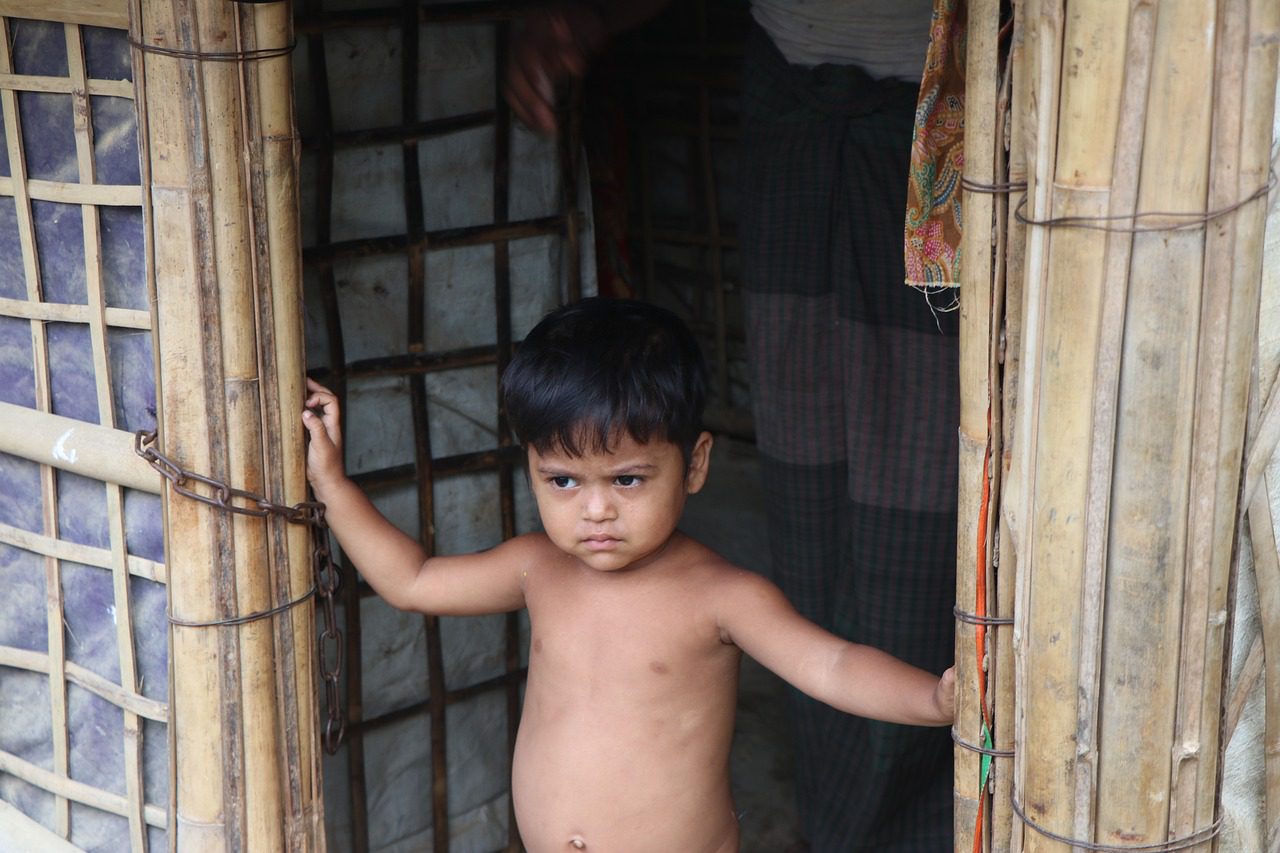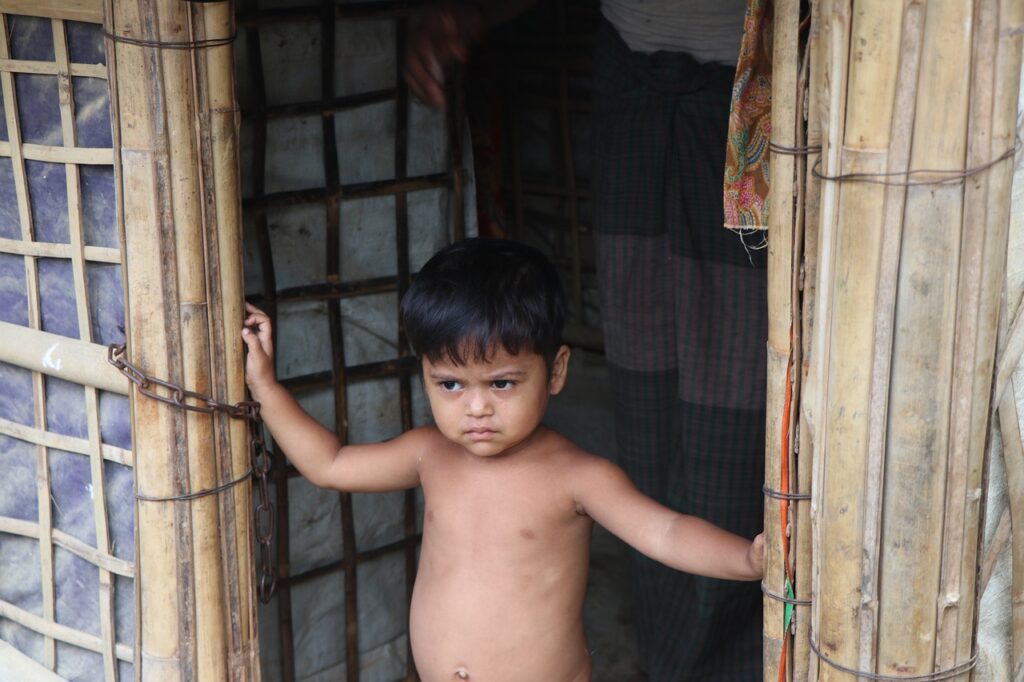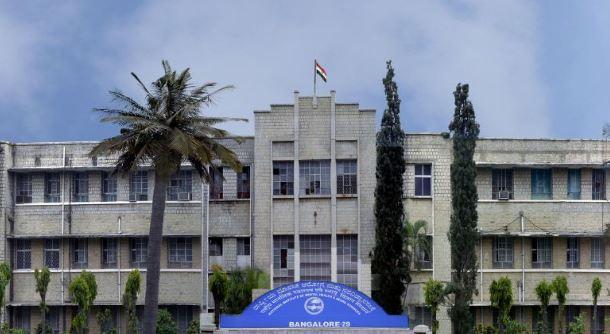A Shadow of Refuge: Rohingya Refugees in India


Bасkgrоund:-
- The Rohingya people have endured decades of violence, discrimination, and persecution in Myanmar.
- Rohingya are not officially recognised as an ethnic group and have been denied citizenship since 1982, making them one of the largest stateless populations globally.
- Beginning in the early 1990s, the Rohingya fled Myanmar in response to multiple waves of violence.
- The largest and swiftest exodus occurred in August 2017 when violence erupted in Myanmar’s Rakhine State, forcing over 742,000 individuals, primarily women and children, to seek refuge in neighbouring countries.
Linkаges:-
- Foreigners Act of 1946: Section 3 empowers the central government to detect, detain, and deport illegal foreign nationals.
- Passport (Entry into India) Act, 1920: Section 5 allows authorities to forcefully remove illegal foreigners under Article 258(1) of the Constitution of India.
- Registration of Foreigners Act of 1939:Mandates all foreign nationals (excluding overseas citizens of India) on long-term visas (over 180 days) to register with a Registration Officer within 14 days of arrival in India.
- Citizenship Act, 1955: Provides provisions for renunciation, termination, and deprivation of citizenship.
- Citizenship Amendment Act, 2019 (CAA): Aims to grant citizenship to persecuted Hindu, Christian, Jain, Parsi, Sikh, and Buddhist immigrants from Bangladesh, Pakistan, and Afghanistan.
- India issued a Standard Operating Procedure (SOP) for agencies dealing with foreign nationals claiming to be refugees.
Сurrent Sсenаriо:-
- A recent report titled ‘A Shadow of Refuge: Rohingya Refugees in India’ sheds light on the challenges faced by Rohingya refugees in India. The report was jointly prepared by The Azadi Project, a women’s rights non-profit and Refugees International, an international NGO that advocates for the rights of stateless people. These are the concerns and recommendations mentioned in the report:
- Concerns Related to Rohingya:
- Denied Exit Permissions for Resettlement:
- India’s refusal to grant exit visas to Rohingya refugees approved for resettlement in third countries is concerning.
- Stigmatization and Anti-Refugee Sentiment:
- Rohingya refugees in India are labeled as “illegal migrants,” leading to challenges in their integration into society.
- This stigmatisation puts them at risk of being deported back to Myanmar, where they fled from a genocidal regime.
- Fear of Deportation:
- Actual and threatened deportations have created fear among the Rohingya community, causing some to return to camps in Bangladesh.
- International conventions prohibit India from returning the Rohingya to Myanmar, but the Supreme Court has allowed deportations based on national security threats.
- Harsh Living Conditions:
- The report highlights dire living conditions for Rohingya refugees in India, living in slum-like settlements without basic amenities like safe running water, toilets, healthcare, and education.
- Lack of valid travel documents makes it impossible to obtain essential services such as an Aadhaar card for school admissions.
- Recommendations:
- Formal Recognition and Domestic Laws:
- India should formally recognise Rohingya refugees as individuals with a right to asylum rather than illegal migrants.
- Signing the 1951 Refugee Convention and establishing domestic laws on refugees and asylum would be crucial steps in achieving this.
- Acknowledgement of Residency:
- India can recognise UNHCR cards as sufficient for accessing basic education, work, and health services.
- UNHCR cards serve as proof of refugee or asylum seeker status, granting certain rights and access to services.
- Global Credibility and National Security:
- Treating refugees better would enhance India’s global credibility and serve national security interests by documenting new arrivals.
- India can facilitate resettlement opportunities for Rohingya refugees by advocating for their acceptance in ally countries like the U.S., Canada, Australia, Germany, and other European nations.
Imрасt:-
- Awareness and Attention: The report can bring attention to the concerns and challenges faced by Rohingya refugees in India. It can raise awareness among the general public, policymakers, and international organisations about the issues affecting the Rohingya community.
- Policy Considerations: The report’s findings and recommendations can influence policy discussions and decisions regarding the treatment of Rohingya refugees in India. It may prompt policymakers to reevaluate existing policies and consider adopting more humane and rights-based approaches towards refugees.
- International Pressure: The report can generate international pressure on India to address the concerns highlighted. It may lead to diplomatic engagements, discussions, and appeals from the international community to ensure the protection and rights of Rohingya refugees in India.
Content contributed by- News Canvass.








